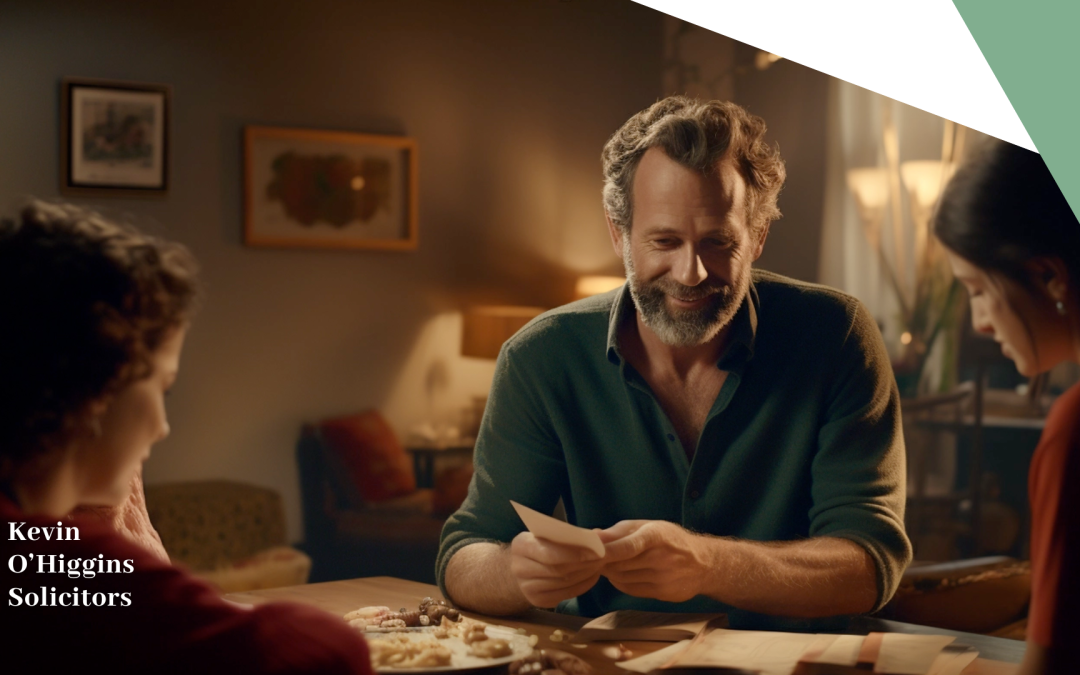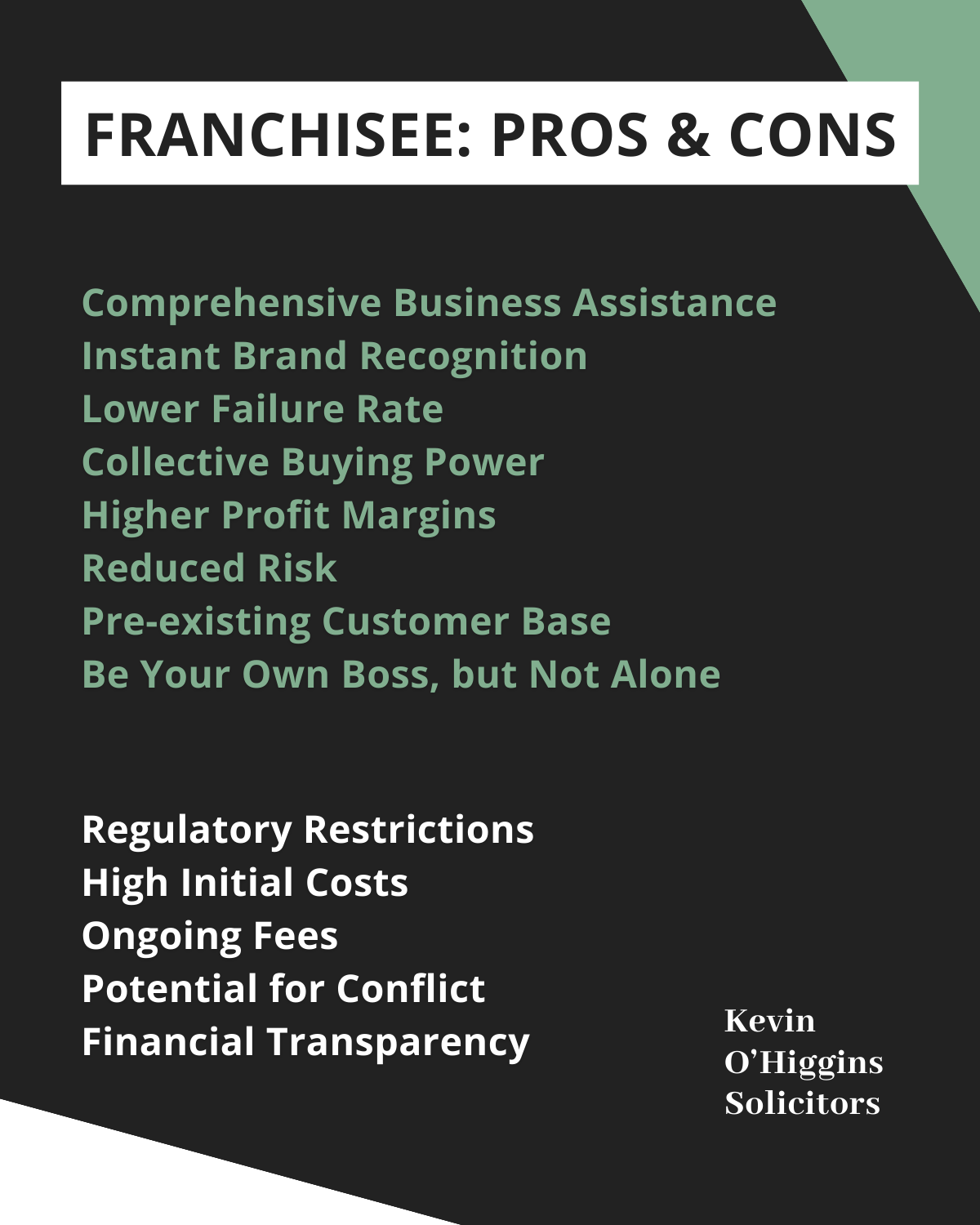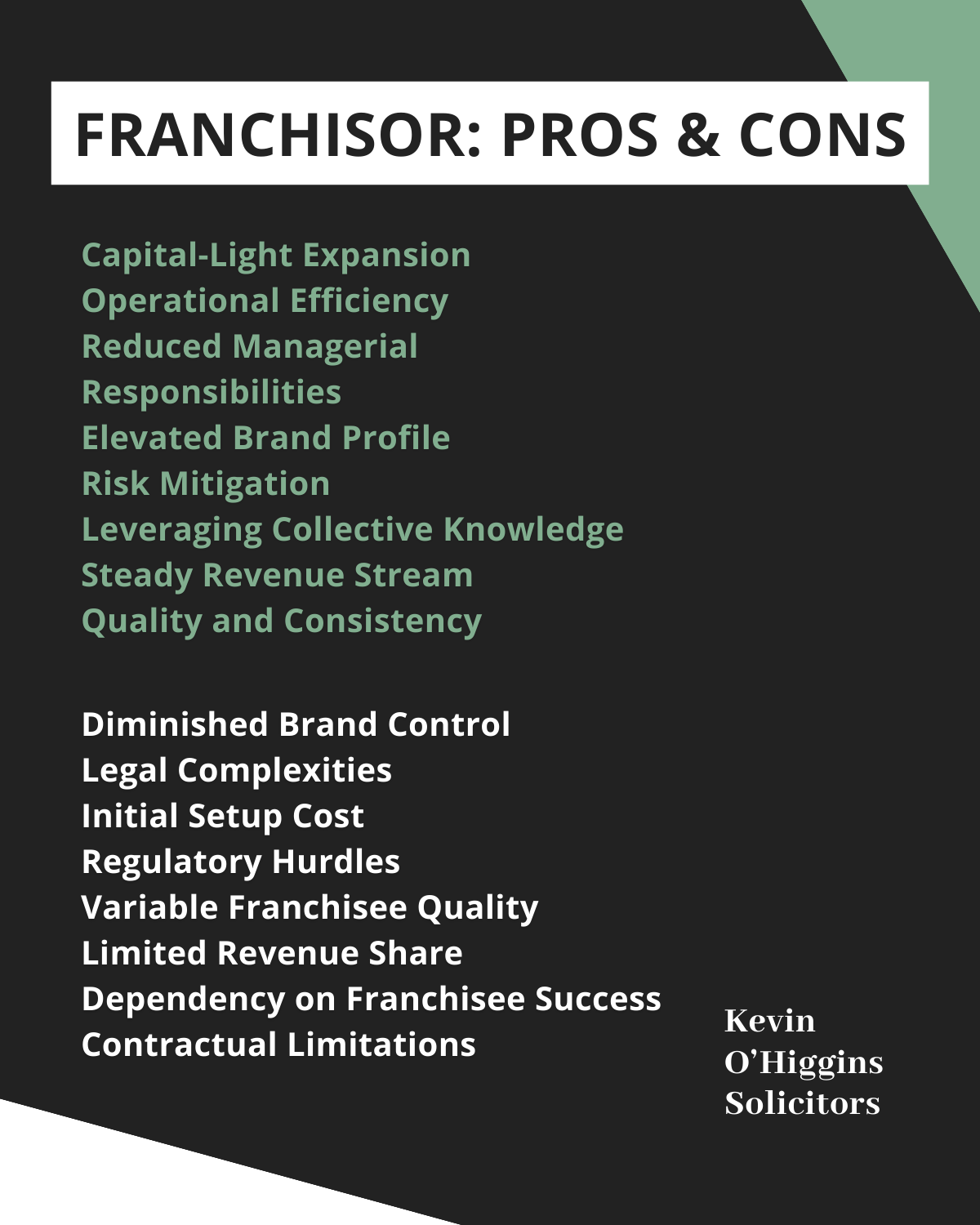
Selling Property in Ireland (2024 Guide) + FREE 10-Step Checklist
Introduction
Overview of Selling Property in Ireland
The Irish property market has always been dynamic, but as we step into 2024, it’s more vibrant and challenging than ever. If you’re selling property in Ireland, you’re embarking on a journey that, while potentially lucrative, is laden with nuances and intricacies specific to this period.
In this comprehensive guide, we’ll navigate you through the latest trends, legal requirements, and market strategies to ensure you’re well-equipped for a successful sale. For a detailed overview of purchasing property in 2024, read our latest article on Buying Property in Ireland (2024).
Key Changes and Trends in the Current Market
As the world continues to adapt to the aftermath of global shifts and local market fluctuations, the Irish property landscape is no exception. We are witnessing some key changes that are reshaping how property transactions are conducted.
From evolving buyer preferences due to remote working trends to the increasing importance of sustainable living features in homes, understanding these trends is crucial for any seller looking to maximise their property’s appeal and value.
In the following sections, we’ll delve into each aspect of the selling process, providing you with the knowledge and tools necessary to master the Irish property market in 2024.

Deciding Between Auction and Private Treaty Sale
Understanding the Differences
When selling property in Ireland, one of the first decisions you’ll face is choosing between an auction and a private treaty sale. Each method has its own set of advantages and challenges, and the right choice depends heavily on your specific circumstances, including the type of property you’re selling, the current market conditions, and your personal timeline.
- Auction: This method can be particularly effective in a seller’s market where demand outstrips supply. It involves setting a date for the auction and inviting potential buyers to bid. The competitive nature of auctions can sometimes lead to higher sale prices, especially for unique properties that might attract more interest.
- Private Treaty Sale: This is a more traditional approach, where you list your property at a set price, and potential buyers make offers through your estate agent. This method offers more control and flexibility, as you can negotiate terms and prices directly with buyers.
Pros and Cons of Selling Property in 2024
- Auction Advantages: In a buoyant market with rising property values, auctions can capitalize on buyer competition. They also offer a quicker sales process, as the sale is legally binding as soon as the hammer falls.
- Auction Disadvantages: The downside is the risk of the property not meeting its reserve price, and the often higher marketing costs associated with attracting a wide range of bidders.
- Private Treaty Advantages: This method provides more time for consideration and negotiation, which can be beneficial in a more balanced or buyer’s market. It also allows for conditional offers, such as those subject to financing or the sale of another property.
- Private Treaty Disadvantages: The process can take longer, and there’s always the risk of a sale falling through due to contract contingencies.
In the next sections, we will explore more details about finding the right professionals to assist in your sale, and the legal and practical considerations of each selling method.

The Importance of Finding the Right Solicitor
Role of Solicitors in Property Transactions
In the intricate world of property sales, the role of a solicitor cannot be overstated. A proficient solicitor is not just a legal advisor but also a crucial ally in navigating the complexities of property law, ensuring that every aspect of the sale is legally sound and in your best interest.
In Ireland, a solicitor’s involvement is vital for preparing and reviewing contracts, handling legal queries, managing the transfer of deeds, and ensuring compliance with all statutory obligations.
It’s essential to appoint a solicitor at the beginning of the selling process. They are responsible for requesting and handling the title deeds, a process that can take several weeks.
Tips for Choosing a Solicitor Specialised in Property Law
When selecting a solicitor for your property sale in 2024, consider the following criteria to make an informed decision:
Experience and Specialisation: Look for a solicitor who specializes in property law and has a proven track record in handling property transactions. Experience in your specific type of property and location can be invaluable.
Local Knowledge: A solicitor with local market knowledge can provide insights that are crucial for a smooth transaction. They understand the specific legal requirements and market trends in your area.
Communication and Accessibility: Choose a solicitor who is readily accessible and maintains open lines of communication. Regular updates and clear explanations of legal terms and procedures are essential for a stress-free sale process.
Recommendations and Reviews: Referrals from friends or family members who have recently sold property can be a reliable source. Additionally, online reviews and testimonials can provide insight into the solicitor’s reputation and client satisfaction.
Fee Structure: Understand their fee structure upfront to avoid any surprises. A transparent and fair pricing policy is a sign of a trustworthy professional.
In the ever-evolving landscape of Irish property law, having a skilled solicitor by your side can be the difference between a smooth transaction and a complicated one. Your solicitor will guide you through each step, ensuring all legalities are meticulously handled.
For more guidance on finding an experienced legal professional for your property sale, read our 2024 guide on Finding the Right Property Solicitor (Without Breaking the Bank).

Drafting an Effective Contract for Sale
Essential Elements of a Property Sale Contract
Drafting a robust contract for the sale of property in Ireland is a critical step that lays the foundation for a successful transaction.
This legal document outlines the terms and conditions of the sale, and it must be meticulously prepared to protect the interests of all parties involved.
Key elements include:
- Identification of Parties: Clearly stating the names and details of both the buyer and seller.
- Description of the Property: A detailed description of the property, including its address, boundaries, and any pertinent physical attributes.
- Sale Price and Payment Terms: The agreed-upon sale price and the terms of payment, including any deposit required.
- Closing Date and Possession Details: Specify the date of completion and the conditions for transferring possession of the property.
- Contingencies and Special Conditions: Any conditions that must be met before the sale can be finalised, such as a satisfactory home inspection, mortgage approval for the buyer, or specific repairs that need to be completed.
Legal Considerations for Selling Property in 2024
In 2024, several legal considerations have become increasingly significant in the drafting of property sale contracts in Ireland:
- Regulatory Compliance: Ensuring that the contract adheres to the latest regulatory requirements, including consumer protection laws and data privacy regulations.
- Environmental and Building Regulations: With growing emphasis on sustainability, compliance with environmental standards and building regulations is crucial. Ensure your property’s Building Energy Rating (BER) is updated. A favourable BER can significantly enhance your home’s marketability, reflecting its energy efficiency.
- Technology Clauses: As digital transactions become more prevalent, incorporating terms related to electronic signing and virtual document handling might be necessary.
- Brexit Implications: For properties that may be affected by Brexit, particularly those near border areas, specific clauses addressing potential legal and economic implications should be considered.
A well-drafted contract is the cornerstone of a successful property sale. It minimises potential disputes and provides clarity and security for both the buyer and the seller.
In this evolving legal landscape, the expertise of a knowledgeable solicitor is indispensable in ensuring that your contract is comprehensive, current, and legally sound.

Setting the Right Price in Today's Market
Strategies for Accurate Property Valuation
In 2024, setting the right price for your property in Ireland is more than just about attracting potential buyers; it’s about striking a balance between market trends and the true value of your home. An accurate valuation is key to a successful sale.
Here are some strategies to consider:
- Market Analysis: Conduct a thorough analysis of recent sales of similar properties in your area to understand the current market value.
- Professional Appraisal: Consider getting a professional appraisal to get an unbiased estimate of your property’s worth.
- Consider Unique Features: Unique aspects of your property, such as recent renovations, energy efficiency upgrades, or a desirable location, can influence its valuation.
- Economic Factors: Keep an eye on broader economic factors, such as interest rates, employment rates, and overall economic health, which can affect property prices.
Use the Property Price Register as a resource to understand the recent selling prices of similar properties in your area. This can help you set a realistic and competitive asking price.
Impact of Market Trends on Pricing
The Irish property market in 2024 continues to evolve, influenced by various factors:
- Supply and Demand: In areas with high demand and low supply, you might be able to set a higher price. Conversely, in markets with a surplus of listings, competitive pricing is crucial.
- Remote Work Trends: Properties with features conducive to remote work, such as extra space or a home office, may fetch higher prices due to changing work patterns.
- Sustainability Trends: Increasing awareness of environmental issues has heightened interest in properties with green features, which can be a selling point.
Setting the right price is a delicate balance of understanding the intrinsic value of your property, the current market conditions, and the potential buyers’ expectations. A price that reflects the true worth of your home while remaining attractive to buyers is key to a successful sale in 2024.

Working with a Real Estate Agent
The Benefits of Professional Assistance
In the ever-changing landscape of the Irish property market, enlisting the services of a real estate agent in 2024 can be invaluable. Here’s why:
- Market Knowledge: Agents have their fingers on the pulse of the current market trends, pricing, and buyer behaviours, which can be critical in positioning your property effectively.
- Marketing and Exposure: They have access to a wide range of marketing tools and platforms, ensuring your property gets maximum exposure to the right audience.
- Negotiation Skills: Experienced agents can handle negotiations with potential buyers to secure the best possible sale price and terms.
- Handling Paperwork: They can manage the extensive paperwork, making the process smoother and less stressful for you.
How to Choose the Right Agent when Selling Property
Selecting the right real estate agent is a crucial decision. Consider the following when making your choice:
- Experience and Track Record: Look for an agent with a strong track record of selling properties similar to yours. Their experience in your specific area and type of property can greatly influence the sale.
- Communication and Approach: Choose an agent whose communication style aligns with yours. Regular updates and transparency are key to a successful partnership.
- Marketing Strategy: Discuss how they plan to market your property. Ensure their approach is modern, utilizing digital marketing tools and social media platforms effectively.
- Fees and Contract Terms: Understand their fee structure and the terms of the contract. Ensure there are no hidden costs and that their fees are competitive and fair.
In 2024, with advancements in technology and changes in buyer preferences, the role of a real estate agent has evolved. Choosing an agent who is tech-savvy and adaptable to the latest market trends can give your property a significant advantage.

Simultaneously Buying and Selling Property in Ireland
Managing Concurrent Property Transactions
Navigating the process of buying a new home while selling your current one in 2024 can be a challenging yet common scenario for many homeowners in Ireland.
This process requires careful planning and coordination to ensure both transactions align smoothly. Here are some key considerations:
- Timing and Coordination: The key to successfully managing both transactions is synchronization. Work closely with your solicitor and real estate agent to align the timelines for selling your current property and buying the new one.
- Financial Planning: Understand your financial position, considering the equity in your current home and how it will affect your purchasing power and mortgage requirements for the new property.
- Contingency Clauses: Consider including contingency clauses in both the buying and selling contracts. These clauses can protect you if either transaction faces unexpected delays or falls through.
Challenges and Solutions in 2024
- Market Fluctuations: The property market in 2024 can be unpredictable. Stay informed about market trends and be prepared for shifts that could affect property prices and availability.
- Bridging Loans: While traditional bridging finance options are less common now in Ireland, explore alternative short-term financing solutions to cover the interim period between buying and selling.
- Rent-Back Agreements: In cases where your new home is not ready, consider negotiating a rent-back agreement, where you can rent your sold property from the new owners for a short period.
Managing the sale of one property and the purchase of another simultaneously demands a delicate balancing act. It’s crucial to have a clear strategy, remain flexible, and work with experienced professionals who can guide you through these concurrent transactions.

Understanding Taxes and Fees in Property Sales
Overview of Stamp Duty and Capital Gains Tax
In 2024, sellers in the Irish property market must have a clear understanding of the taxes and fees that apply to property transactions. Two key taxes to consider are:
- Stamp Duty: This is a tax paid on the transfer of property. The rate of stamp duty varies depending on the property type and value. It’s vital to consult with your solicitor or a tax expert to understand the exact amount you’ll be liable for.
- Capital Gains Tax (CGT): If you’re selling a property that is not your main residence, you may be subject to CGT on the profit (the difference between the purchase price and the selling price). The rate of CGT can change, so it’s important to check the current rate and exemptions that may apply to your situation.
Navigating Other Financial Obligations
Apart from these taxes, there are other financial aspects to consider:
- Solicitor’s Fees: These vary depending on the solicitor and the complexity of the transaction. Get a clear outline of the costs involved before you start.
- Estate Agent’s Commission: If you’re using an estate agent, factor in their fees, which are usually a percentage of the sale price.
- Other Costs: These can include surveyor’s fees, costs for any necessary repairs or upgrades, and marketing expenses if you’re selling the property yourself.
It’s important to factor in these costs early in the selling process to avoid any surprises and ensure a realistic understanding of the net proceeds from your property sale. A detailed discussion with your solicitor and financial advisor can provide clarity and assist in effective financial planning. For more guidance on tax liabilities when buying and selling property in Ireland, read our latest Property Tax Playbook.

Navigating the Sale: From 'Sale Agreed' to 'Sold'
The Legal and Practical Steps Involved
Once you’ve agreed on a sale, navigating the journey from ‘Sale Agreed’ to ‘Sold’ is critical. This phase involves several key steps:
- Signing the Contract: After agreeing on the sale terms, both parties sign the contract for sale. This document is legally binding and sets out the conditions of the sale, including the price, closing date, and any other relevant terms.
- Exchange of Contracts: The exchange of contracts marks the point at which the sale becomes legally binding. The buyer typically pays a deposit at this stage.
- Closing the Sale: The closing date is when the remaining balance of the purchase price is paid, and the property ownership is transferred to the buyer. Your solicitor will handle the legalities of this process, ensuring all necessary documents are correctly signed and filed.
- Post-Sale Requirements: After the sale, there may be additional requirements, such as submitting a Capital Gains Tax return or addressing any post-closing queries.
Ensuring a Smooth Transition to Sale Completion
To ensure a smooth transition:
- Stay Informed: Keep in regular contact with your solicitor and estate agent to stay updated on the progress of your sale.
- Prepare for Contingencies: Have a plan in case of delays or issues. For example, if the buyer encounters mortgage approval problems, understand your options.
- Closing Documentation: Ensure all necessary documentation for the property, such as guarantees for any work done or planning permissions, is in order and readily available.
The period between ‘Sale Agreed’ and ‘Sold’ can be tense, but with proper preparation and the guidance of experienced professionals, it can proceed smoothly, leading to a successful conclusion of your property sale.

Conclusion
Selling a property in Ireland in 2024 comes with its unique set of challenges and opportunities. From understanding the latest market trends to navigating complex legal requirements, the process demands careful planning and informed decision-making. Whether you choose to sell via auction or private treaty, the importance of setting the right price, and the invaluable assistance of experienced solicitors and real estate agents are key elements that can significantly impact the success of your sale.
We hope this guide has provided you with valuable insights into mastering the Irish property market in 2024. Selling your property is a significant undertaking, and being well-prepared is the first step towards a successful transaction.
If you have any questions, require further information, or wish to share your experiences, please do not hesitate to get in touch with us. Your feedback and stories are not only welcomed but essential in creating a community of informed property sellers in Ireland.
Remember, whether you’re navigating the complexities of simultaneous buying and selling, figuring out the tax implications, or simply preparing your property for the market, you’re not alone. Reach out to Kevin O’Higgins for professional advice tailored to your unique situation and to ensure your 2024 property journey is as smooth and successful as possible.

Selling Property in Ireland: Your 10-Step Guide (2024)
1 – Assess Your Property’s Value
- Evaluate market trends and property prices in your area.
- Consider a professional valuation for an accurate estimate.
2 – Prepare Your Home for Sale
- Enhance curb appeal and carry out necessary repairs.
- Stage your home to appeal to potential buyers.
3 – Choose the Right Selling Method
- Decide between auction and private treaty based on your property and market conditions.
- Understand the pros and cons of each approach.
4 – Select a Skilled Real Estate Agent
- Find an agent with experience in your area and property type.
- Review their marketing strategies and sales records.
5 – Consult a Conveyancing Solicitor
- Engage a solicitor experienced in property law to handle legal aspects.
- Prepare necessary documentation and title deeds.
6 – Set an Appropriate Asking Price
- Price your property competitively based on market analysis and valuation.
- Be open to negotiations while aiming for the best possible deal.
7 – Market Your Property Effectively
- Utilise online listings, social media, and traditional advertising.
- Highlight unique features and selling points of your property.
8 – Manage Viewings and Open Houses
- Organize and schedule property viewings effectively.
- Present your property in the best light during open houses.
9 – Navigate Offers and Negotiations
- Review offers carefully and negotiate terms.
- Understand the implications of ‘Sale Agreed’ and move towards a legally binding sale.
10 – Finalise the Sale
- Review and sign the contract for sale.
- Coordinate with your solicitor for the closing process and transfer of ownership.
- Plan for any financial transitions, including paying off mortgages and handling proceeds.































![KOHS | Franchising In Ireland Franchisees run the day-to-day operaations while franchisors focus on broader managment and strategic planning | Kevin O'Higgins Solicitors]](https://ohigginssolicitors.ie/wp-content/uploads/2023/09/KOHS-blog-2-2.png)




